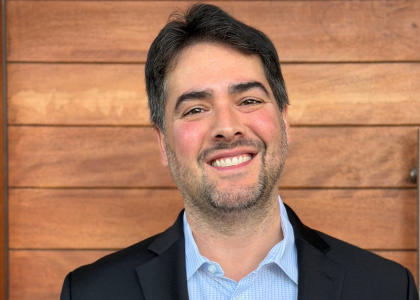
When Sam Ennis ’10 began his legal studies at UCLA School of Law, Indian law wasn't on his radar – growing up in Pittsburgh, Pennsylvania, there were no federally recognized tribes in his state. However, a chance encounter with a Ninth Circuit tribal court criminal jurisdiction case during a summer internship sparked a few questions, setting Ennis on an unexpected career path.
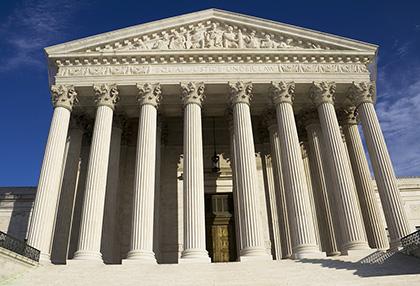
Members of UCLA School of Law’s Supreme Court Clinic earned the latest in a recent string of major successes when, in November, the justices issued an opinion in the case of Pitts v. Mississippi, siding with the clinic’s client in a matter involving the Confrontation Clause of the Sixth Amendment.
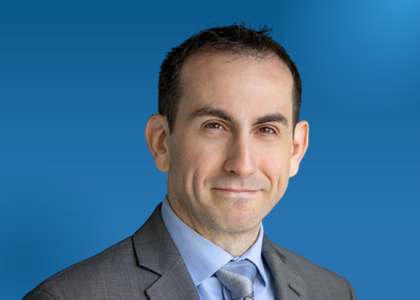
When Michael Segal ’19 left the U.S. Air Force after years as an F-15 fighter pilot, he set out to find a new way to serve.
"Leaving the Air Force felt less like stepping away from a profession and more like changing the domain in which I wanted to serve," says Segal, who now leads Eagle Law Group, a firm specializing in corporate law, government contracting, and commercial litigation focused on aerospace and defense companies.
-
J.D. Business Law & Policy
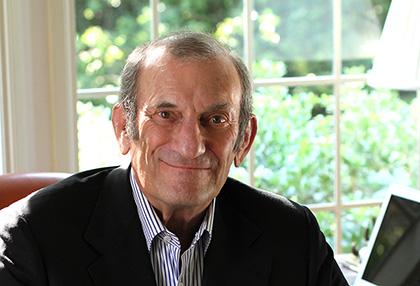
Ken Ziffren, whose generosity has helped position UCLA School of Law as the country’s top law school for media and entertainment law, will continue his support in these areas with a visionary planned gift — the largest-ever gift in the law school’s 76-year history.
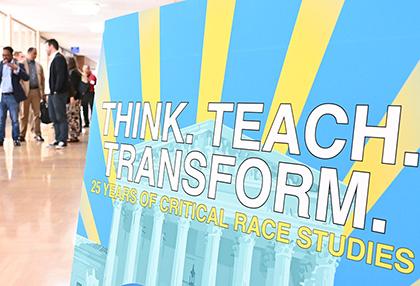
Leaders from across the generations of the UCLA School of Law community gathered for a three-day summit to celebrate the 25th anniversary of the Critical Race Studies program, reflect on its massive impact in the law and education, and look ahead.
-
J.D. Critical Race Studies
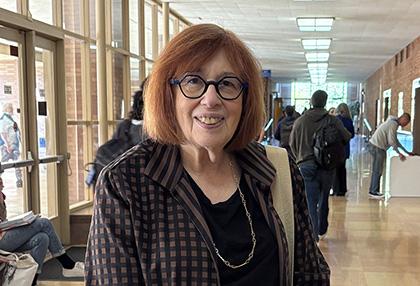
With the start of the U.S. Supreme Court’s term this month, UCLA School of Law has been at the forefront of discussion, scholarship, and advocacy before the high court. This included two events that featured nationally renowned legal commentators – the Pulitzer Prize-winning New York Times reporter Linda Greenhouse and University of Michigan Law School professor Leah Litman – in conversation with faculty experts.
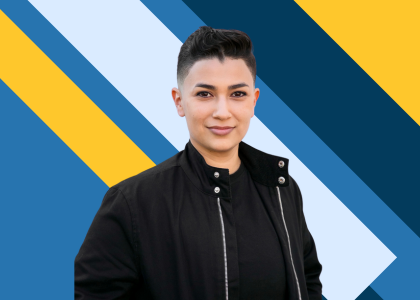
For Alexa Camarena ’14, the path to becoming counsel at Mattel, drawn by the company’s creative energy and successes like the Barbie movie, began with an unglamorous moment in high school: fainting at the sight of her own blood being drawn.
"I literally passed out. I was like, 'Well, there goes that dream' of becoming a doctor. So, there was lawyer left," Camarena recalls with a laugh.
-
J.D. Media, Entertainment and Technology Law & Policy
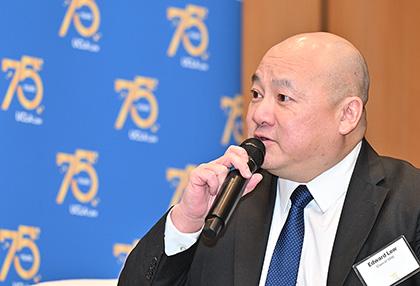
Ed Lew ’98’s journey from aspiring politician to Disney executive proves that sometimes the best career moves are the ones you don’t see coming.
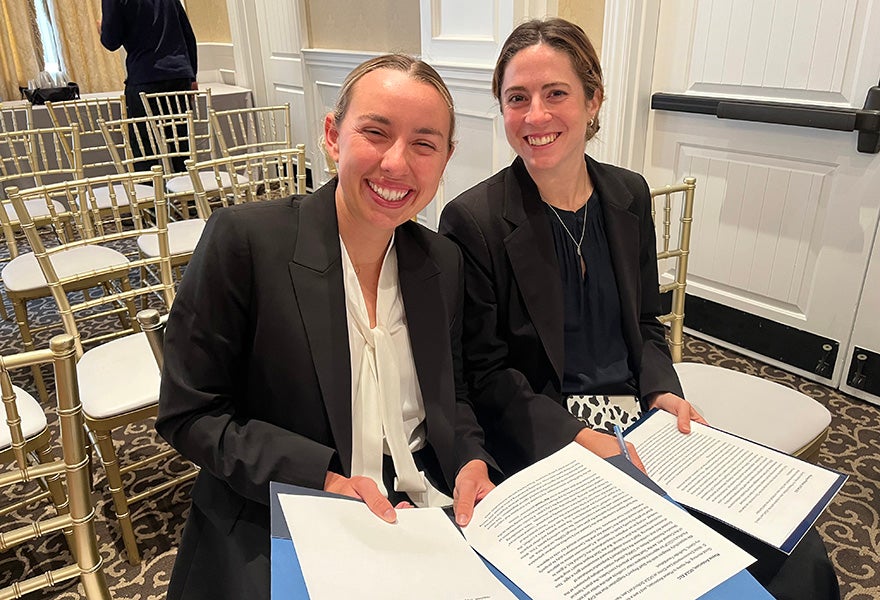
The hall was standing room only when Maeve Anderson ’26 and Ana Mackay Peltzer ’26 stepp
-
J.D Environmental Law
-
LL.M. Program
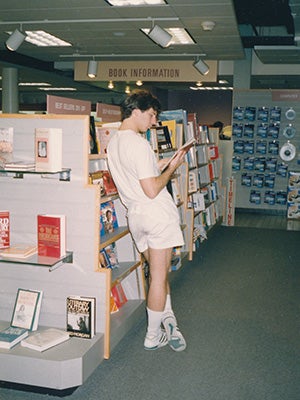 51. LUVALLE COMMONS
51. LUVALLE COMMONS
Open for business since 1985, LuValle Commons, a student center adjacent to the law school, was named in honor of James “Jimmy” LuValle, a UCLA graduate and Olympic medalist, and the first president of the Associated Graduate Students.
Celebrating 75 Years of UCLA Law
Join the dean of UCLA School of Law, Michael Waterstone, UCLA Chancellor Julio Frenk, and distinguished faculty, students, and alumni as we celebrate 75 years of UCLA Law. This video tribute honors our history of legal innovation and vision for shaping tomorrow's legal landscape. From groundbreaking scholarship to producing leaders who have transformed the practice of law, UCLA Law continues its tradition of excellence while looking boldly toward the future.